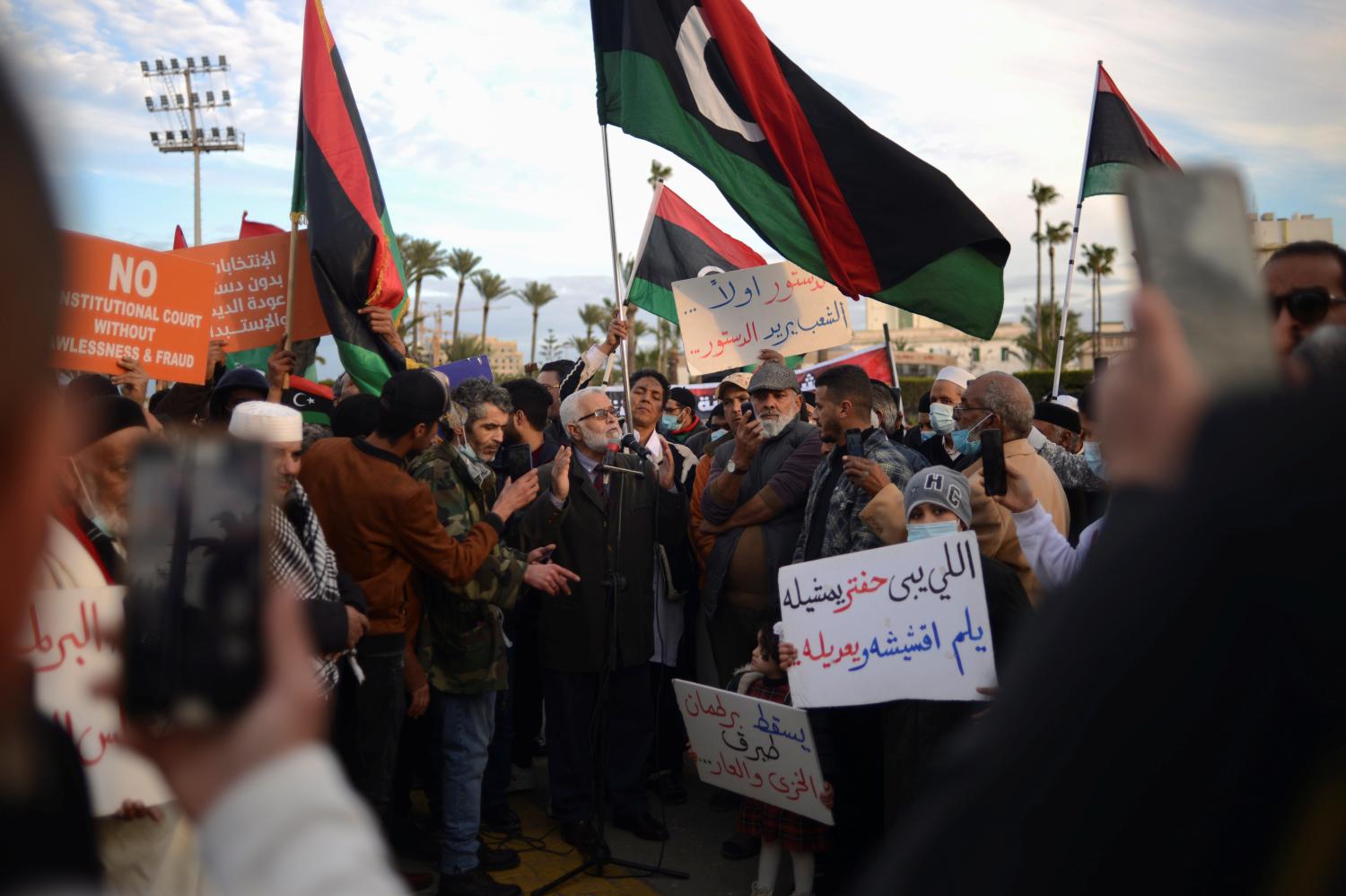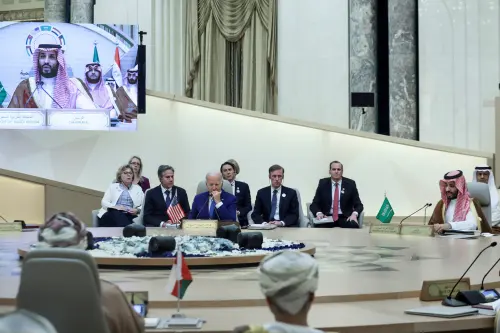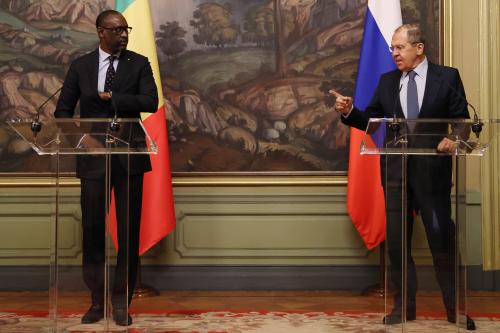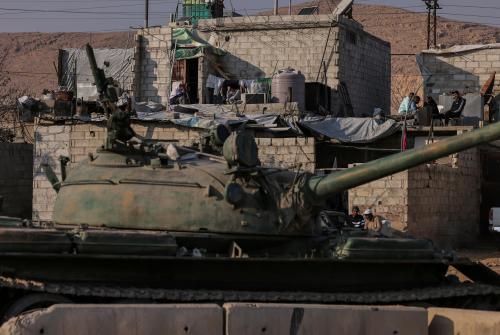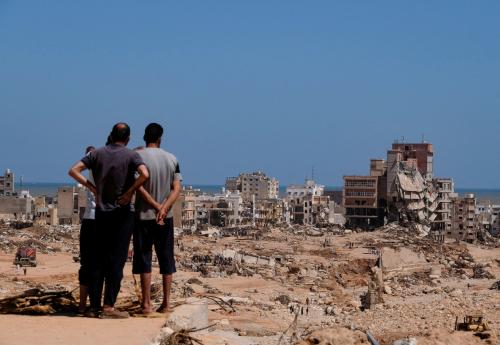Executive Summary
Last month’s marking of the two-year anniversary of the Libyan ceasefire agreement offers an opportunity to take stock of the North African country’s trajectory. Libya’s wily and opportunistic post-2011 ruling elite – a network of security, political and economic actors – continues to prioritize patronage and its own transitory deals above the future of the country. While the ceasefire has overall been respected and the country has not witnessed a repeat of the large-scale violence of 2019-2020, Libya has slid backwards into institutional division, misgovernance, limited bouts of violence, and human rights abuses against Libyans and migrants alike. With the international community’s attention focused on Russia’s invasion of Ukraine, Libya has dropped from the headlines and been deprioritized in many capitals. Despite the somewhat gloomy outlook, there are a number of viable entry points for the international community and U.S. President Joe Biden’s administration to mitigate the worst domestic and regional knock-on effects of the Libyan crisis, address some of the conflict’s persistent underlying drivers, and meet the aspirations of the Libyan people.
-
Acknowledgements and disclosures
The author wishes to thank Alexandra Dimsdale for editing and Rachel Slattery for layout.
The Brookings Institution is committed to quality, independence, and impact.
We are supported by a diverse array of funders. In line with our values and policies, each Brookings publication represents the sole views of its author(s).

